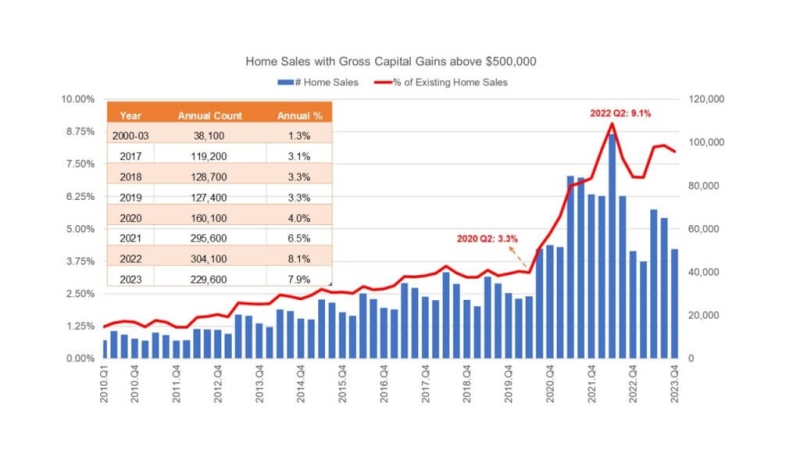Advertisement
CFPB Delays Effective Date for Certain New Mortgage Disclosures

On November 16, 2012, the Consumer Financial Protection Bureau (CFPB) announced that it will delay the effective date for certain new disclosures required by the Dodd-Frank Wall Street Reform and Consumer Protection Act (Dodd-Frank Act).
The Dodd-Frank Act requires that the CFPB integrate certain disclosures required by the Truth in Lending Act and the Real Estate Settlement Procedures Act into a single disclosure. These “Integrated Disclosures”, which will replace the Good Faith Estimate, Truth in Lending Disclosure Statement, and HUD-1 Settlement Statement, were proposed on July 9. In addition, the Dodd-Frank Act establishes new mortgage disclosure requirements, which would automatically take effect on January 21, 2013 unless regulatory action was taken. Rather than approach each of these requirements separately, the CFPB integrated many of these new requirements into the Bureau’s proposed Integrated Disclosures.
Through this new final rule, the CFPB has given a temporary exemption from many of the disclosure requirements of the Dodd-Frank Act that would otherwise be effective on January 21, so that the entire integrated disclosure set can go into effect at once. Lenders and brokers need not comply with these disclosure requirements until such time as the Bureau removes the exemption, which it plans to do in the final rule for the Integrated Disclosures.
The affected disclosures are:
Warning regarding negative amortization features. (Dodd-Frank Act section 1414(a); TILA section 129C(f)(1)).
Disclosure of State law anti-deficiency protections. (Dodd-Frank Act section 1414(c); TILA section 129C(g)(2) and (3)).
Disclosure regarding creditor’s partial payment policy prior to consummation and, for new creditors, after consummation. (Dodd-Frank Act section 1414(d); TILA section 129C(h).
Disclosure regarding mandatory escrow or impound accounts. (Dodd-Frank Act section 1461(a); TILA section 129D(h)).
Disclosure prior to consummation regarding waiver of escrow in connection with the transaction. (Dodd-Frank Act section 1462; TILA section 129D(j)(1)(A)).
Disclosure of monthly payment, including escrow, at initial and fully-indexed rate for variable-rate residential mortgage loan transactions. (Dodd-Frank Act section 1419; TILA section 128(a)(16)).
Repayment analysis disclosure to include amount of escrow payments for taxes and insurance. (Dodd-Frank Act section 1465; TILA 128(b)(4)).
Disclosure of aggregate amount of settlement charges, amount of charges included in the loan and the amount of such charges the borrower must pay at closing, the approximate amount of the wholesale rate of funds, and the aggregate amount of other fees or required payments in connection with a residential mortgage loan. (Dodd-Frank Act section 1419; TILA section 128(a)(17)).
Disclosure of aggregate amount of mortgage originator fees and the amount of fees paid by the consumer and the creditor. (Dodd-Frank Act section 1419; TILA section 128(a)(18)).
Disclosure of total interest as a percentage of principal. (Dodd-Frank Act section 1419; TILA section 128(a)(19)).
Optional disclosure of appraisal management company fees. (Dodd-Frank Act section 1475; RESPA section 4(c)).
Post-Consummation Escrow Cancellation Disclosure. (Dodd-Frank Act section 1462; TILA section 129D(j)(1)(B)).
While there will be so many requirements under the Dodd-Frank Act for the mortgage industry to comply with, the CFPB’s coordinated efforts in releasing inter-related disclosure requirements is welcome and encouraging news.
Laurie Spira is chief compliance officer with Torrance, Calif.-based DocMagic Inc. She may be reached by phone at (800) 649-1362, ext. 6446 or e-mail [email protected].
About the author





